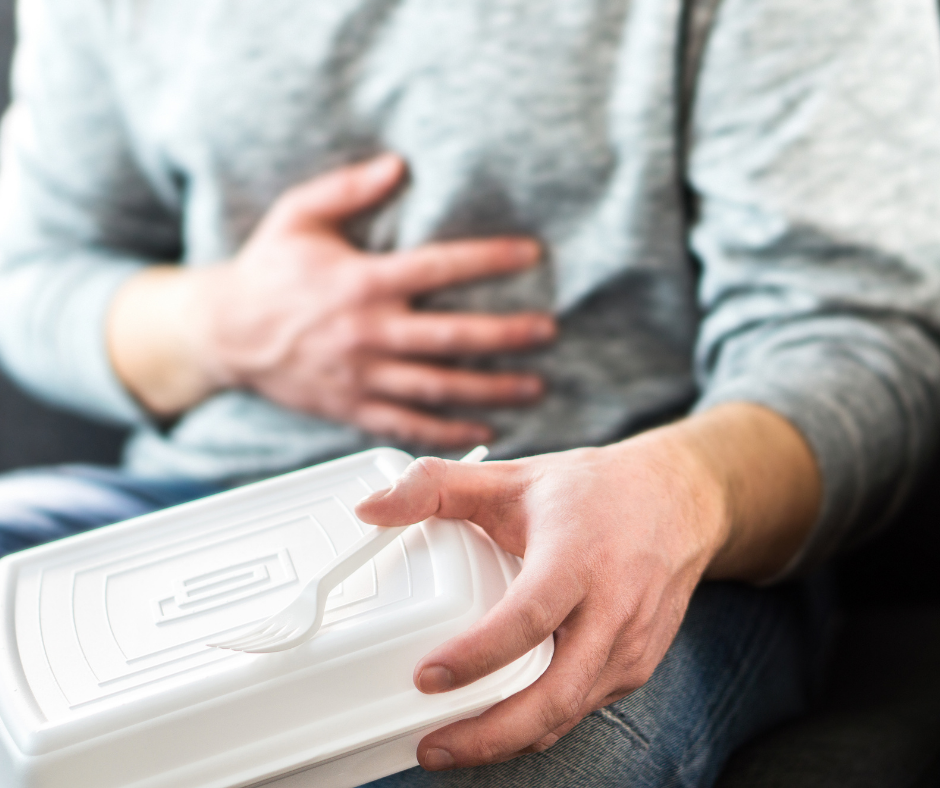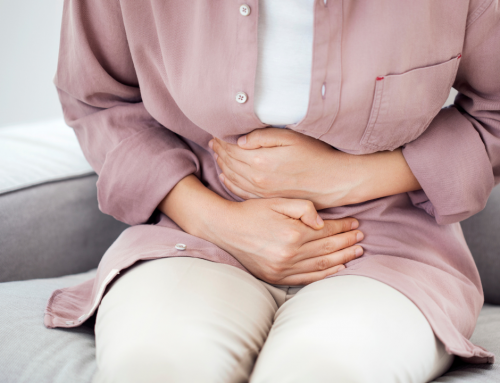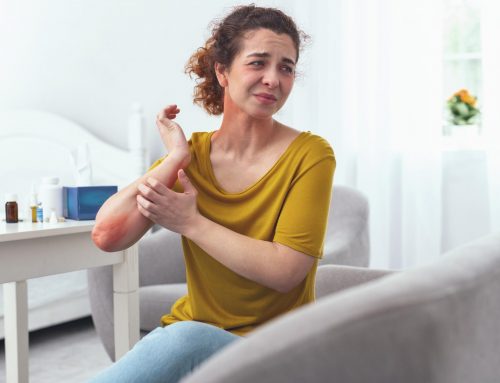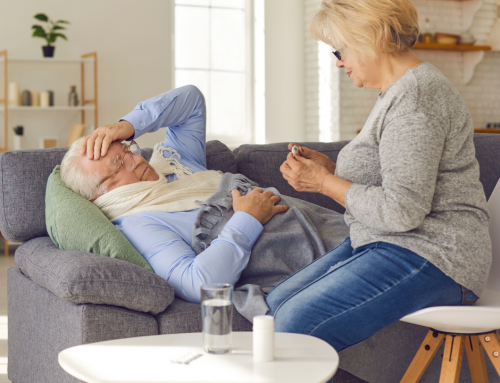
Food poisoning, or foodborne illness, is a common illness that affects millions of people each year—typically caused by the consumption of food or drink contaminated by bacteria. Once ingested, symptoms may present within a few hours, causing someone to experience symptoms like vomiting, diarrhea and dehydration. While most cases of food poisoning end naturally within a few days or weeks, some require the care of a medical professional.
Visiting Urgent Care for Food Poisoning
Though many cases of food poisoning and other foodborne illnesses will go away on their own once the bacteria are expelled from the body, there are times when medical attention is required. A visit to urgent care for any non-life-threatening symptoms can determine the cause of food poisoning and the best treatment.
If any of these common symptoms last longer than three days, visit an urgent care clinic:
- Vomiting
- Diarrhea
- Mild Fever
- Nausea
- Abdominal cramps
- Headaches
The typical treatment for food poisoning is antibiotics in the event bacteria causes the condition. Foodborne illnesses also cause dehydration—after throwing up, experiencing diarrhea or sweating, a large number of fluids leave the body, leading to dehydration. Doctors may recommend an IV drip for severe dehydration to rehydrate the body.
When to Visit the ER for Food Poisoning
Millions of people catch food poisoning and other foodborne illnesses each year. However, some cases require immediate medical attention and a visit to the emergency room.
Food poisoning may also be caused by ingesting chemical toxins, parasites or dangerous molds that may lead to other complications. In severe cases, food poisoning or having similar symptoms may indicate a more significant problem.
Symptoms that indicate a visit to the ER include:
- Bloody vomit or stool
- Extreme pain and cramps
- High fever
- Unable to keep liquids down
- Severe dehydration
- Neurological signs like blurry vision or weakness
Emergency room doctors may call for an examination and tests to determine the cause of the illness and decide the best treatment option. If the root of the infection is viral in nature, the doctor will notify the health department of a possible food poisoning outbreak.
Avoiding Food Poisoning
The ingestion of food or drink contaminated with harmful bacteria or viruses is the primary cause of food poisoning. Not properly cooking or storing food leads to foodborne illnesses both at home and eating out.
You can avoid food poisoning by properly cleaning and preparing all meat and produce. Before prepping any food, make sure to clean and cook all meat and produce while cooking. It is best to avoid a food item linked to outbreak cases of foodborne illnesses and check the harvest location before purchasing. Additionally, do not drink water from sources that have not been filtered.
While many restaurants comply with health and safety standards set by the state, there are still outbreak cases of foodborne illness when food is undercooked or contaminated. When eating at a restaurant, check the health safety inspection score as this may be an indicator of cleanliness linked to outbreaks of bacteria like E. Coli, Salmonella and Norovirus.
If you’re experiencing extreme pain or food poisoning, we recommend seeing a physician or visiting an urgent care clinic. If you feel your condition from food poisoning is a true emergency, call 911.
Choosing Riverview Health ER & Urgent Care
Riverview Health Emergency Room & Urgent Care is the only health system in Hamilton County offering ER and urgent care services under one roof. Unlike most ER or urgent care centers, patients are only billed for the level of services they need. The ER is open 24 hours a day, every day of the week. The urgent care center is open from 7 a.m. to 8 p.m. daily. No appointments are not necessary for in-person visits; however, pre-registration is available.
Riverview Health Emergency Room Urgent Care has five convenient locations:
- Riverview Health Emergency Room & Urgent Care Carmel is located at 14585 Hazel Dell Pkwy., Carmel, IN 46033 and may be reached at 317.406.4280.
- Riverview Health Emergency Room & Urgent Care Fishers is located at 9690 E. 116th St., Fishers, IN 46037 and may be reached at 317.406.4585.
- Riverview Health Emergency Room & Urgent Care West Carmel/Zionsville is located at 10830 N. Michigan Rd., Zionsville, IN 46077 and may be reached at 317.406.4713.
- Riverview Health Westfield Hospital is located at 17600 Shamrock Blvd, Westfield, IN 46074 and may be reached at 317.214.5555.
- Riverview Health Noblesville Hospital is located at 395 Westfield Road, Noblesville, IN 46060.




